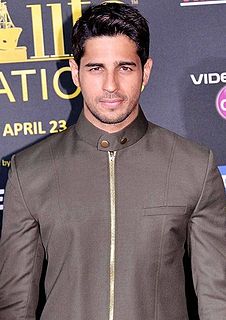A Quote by Devdutt Pattanaik
I write on sacred stories, symbols and rituals of all cultures - European, American and Chinese - but my audiences, typically, like me to focus on India.
Related Quotes
There are photographers who push for war because they make stories. They search for a Chinese who has a more Chinese are than the others and they end up finding one. They have him take a typically Chinese pose and surround him with chinoiseries. What have they captured on their film? A Chinese? Definitely not: the idea of the Chinese.
The Latin American has no tribe to fall back on, as the African does, no reliable judiciary to defend his rights as the European does, no social ideal or sacred constitution as the North American does, no pervasive mythology to soften life as it does in Asia, and no even an ideology to subscribe to, as does the Russian or Chinese. Without wealth, what is there left to him but his manhood, to be flaunted and defended at every occasion?
Medical training taught me the art of breaking down the complex maze of stories, symbols and rituals into clear systems. You could say that it helped me figure out the anatomy and physiology of mythology and its relevance in a society more incisively. How is it that no society can, or does, exist without them?
Throughout human history, people have developed strong loyalties to traditions, rituals, and symbols. In the most effective organizations, they are not only respected but celebrated. It is no coincidence that the most highly admired corporations are also among the most profitable. Why? Because everyone involved is committed to certain non-negotiable core values. Traditions keep them alive. Rituals such as special occasions reaffirm them. Symbols serve as constant reminders of their enduring importance.
Among archetypal images, the Sacred Tree is one of the most widely know symbols on Earth. There are few cultures in which the Sacred Tree does not figure: as an image of the cosmos, as a dwelling place of gods or spirits, as a medium of prophecy and knowledge, and as an agent of metamorphoses when the tree is transformed into human or divine form or when it bears a divine or human image as its fruit or flowers.
Incidentally, I am intrigued by how many European and Latin American writers expressed their political views in the columns they routinely wrote or write in the popular press, like Saramago, Vargas Llosa, and Eco. This strikes me as one way of avoiding opinionated fiction, and allowing your imagination a broader latitude. Similarly, fiction writers from places like India and Pakistan are commonly expected to provide primers to their country's histories and present-day conflicts. But we haven't had that tradition in Anglo-America.


































